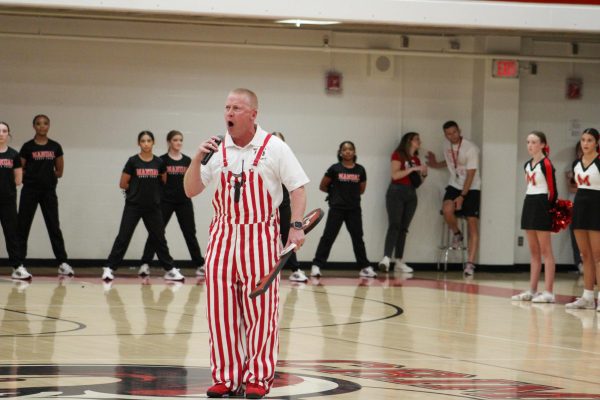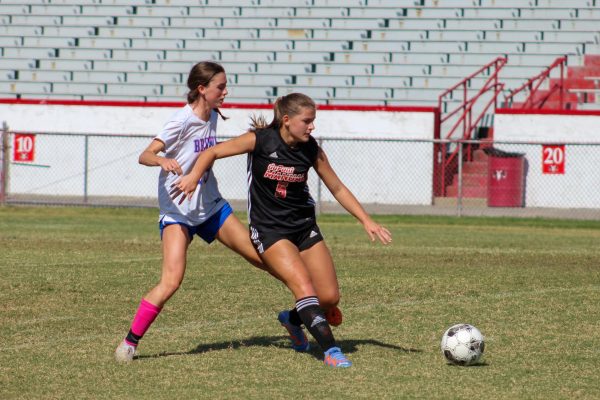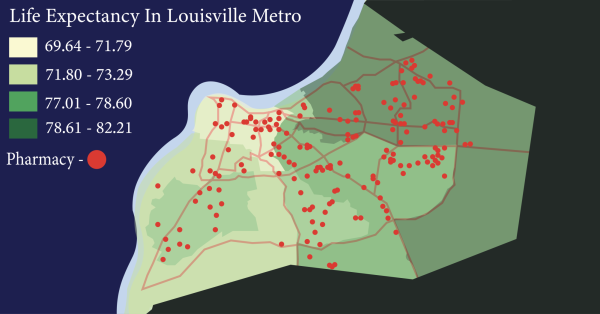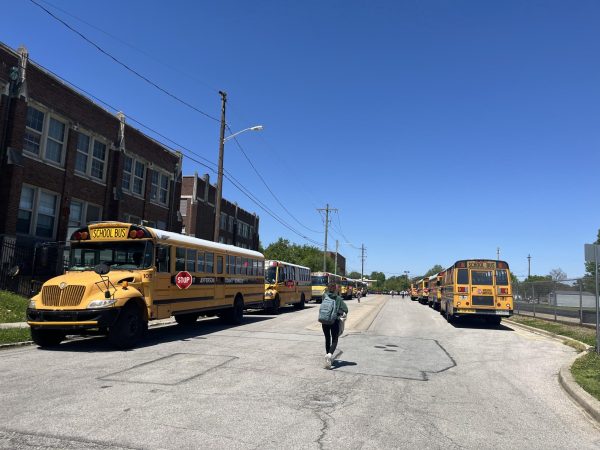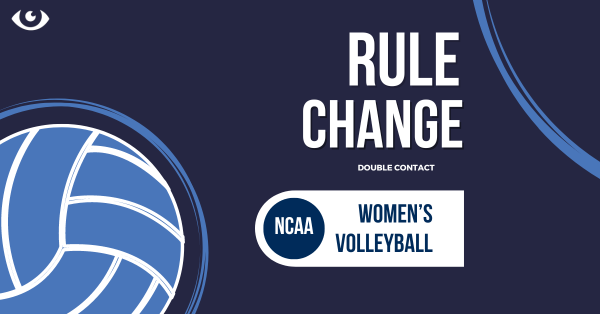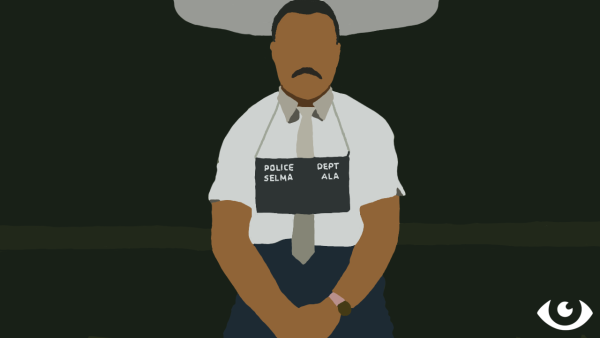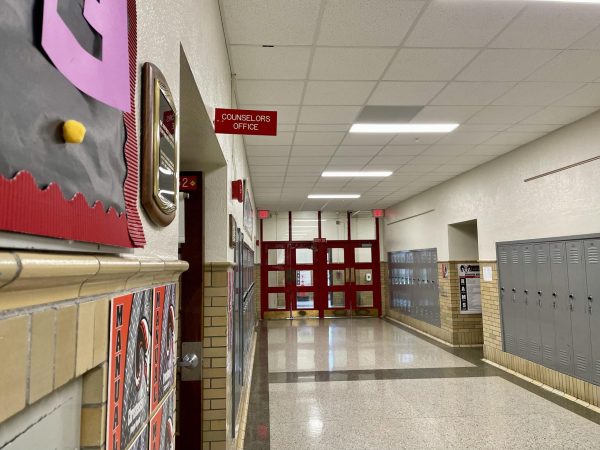OPINION: “Don’t Say Gay” is a step back into the closet
As Florida passes the bill dubbed the ‘Don’t Say Gay’ bill, sophomore Lily Cashman shares her opinion.
March 13, 2022
This editorial was submitted by Lily Cashman (10, J&C).
The discussion of queer education in schools has been a continued topic of controversy for many years. As of February 14, 2022, Florida governor Ron DeSantis signaled support for a new piece of state legislation; the “Don’t Say Gay Bill.” The bill, which is working to limit/erase LGBTQ+ discussions from primary schools was just passed by the House of Education and Employment Committee. This means that it is well on its way to becoming mandated across the state.
This bill will do much harm to young LGBTQ+ community members and allies. Students should have the right to form their own identity at any age, and in addition be able to explore that aspect of themselves in a safe and supportive environment. The quicker schools work to normalize different identities the more authentic America’s youth can be.
Amit Paley, CEO of the Trevor Project, a non-profit focused on suicide prevention for LGBTQ+ youth, found that 42% of queer youth, seriously considered suicide in the last year. By limiting queer discussions in schools, students feel invisible in a time where they truly need to feel validated. Paley, along with senior political director for Equality Florida, Joe Saunders notes that “making LGBTQ students scared to discuss their identities, their community or their families at school is as cruel as it is dangerous.”
The idea of coming out publicly as a LGBTQ+ individual was rejected for many years. In fact, it wasn’t until 2015 that same sex partners could get married in the United States. With this new wave of acknowledgement it is vital that schools provide learning opportunities that will ensure students their right to love whomever and accept everyone no matter their sexual orientation.
However, some may believe that primary school kids are too young to form that identity and therefore, open discussions of such topics should be barred from the classroom. Though kids may not know who they like at this age, that doesn’t diminish the fact that it is important to learn about LGBTQ+ history and the struggles that come along with it.
In addition, the average age for kids to come out is considerably low. In 2013, the Pew Research Center found that the median age for a queer person to realize they aren’t heterosexual is 12. Moreover, about 26% say they knew they were LGBTQ+ before the age of 10. Such research depicts that primary school students are not too young, you are never too young.
The “Don’t Say Gay” bill has many layers, but more importantly it is a blanket statement. It is being driven by right wing conservatives, meaning it is likely to spread beyond the borders of Florida. Similar to the way in which anti-trans legislation has spread to over 30 states, anti-LGBTQ+ legislation will do the same. This is a major setback to queer Americans around the United States.
To stop the spread of such bills from entering more states, such as Kentucky, we must first work to prevent the “Don’t Say Gay Bill” from passing. By continuing to stand up for students around the country, and by speaking out to policy makers we can reverse the damage that has already been done. Kids shouldn’t be forced to hide in the closet in fear of teachers and other school officials outing them to their parents.









